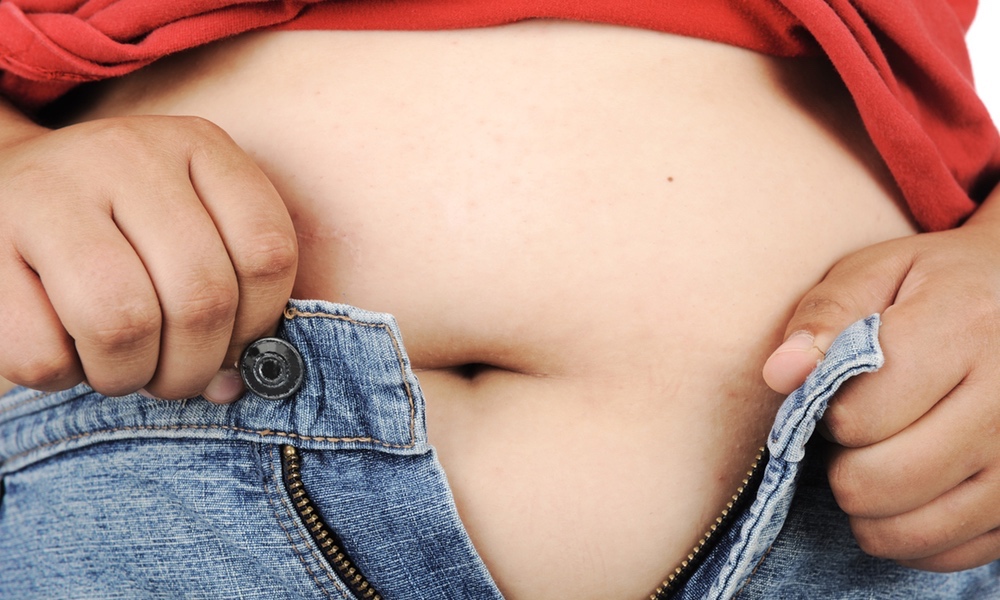Parents often believe that their overweight children will grow out of their chubby phase, and sometimes they are right. But with childhood obesity on the rise, a new Swedish study shows that the best advice is to address the issue sooner rather than later — especially when a young child is seriously overweight or obese.
A team of researchers from Karolinska Institutet, Uppsala University, Warwick Medical School and University of Oxford followed more than 170 children who were diagnosed with obesity and received treatment for their condition. The kids were recruited for the controlled study when they were between four and six years old through children's clinics in Stockholm.
The children and their parents were randomly assigned to one of the following three treatments:By addressing eating issues while children are still in preschool, there's hope that the more serious consequences of obesity can be avoided down the road.
- Standard treatment
- A parental support group
- A parental support group with follow-up telephone support
With the standard treatment, the children and their parents had meetings focusing on diet and exercise with a doctor, pediatrician and/or dietician. The two parental support groups didn't involve the kids, but instead concentrated on how the parents could promote healthy lifestyle changes in a positive way without creating unpleasant conflicts.
After the two parental groups attended the support meeting, half the participants were randomly assigned a follow-up phone call.
The children in all three groups improved their weight status and saw a reduction in their degree of obesity. But there were differences.
“The children whose parents received parental support had the best results, especially so those who also received follow-up phone calls,” Paulina Nowicka, Associate Professor in Pediatric Science at the Department of Clinical Science, Intervention and technology, Karolinska Institutet, and professor of Food studies, nutrition and dietetics at Uppsala University, said in a press release.
High blood lipid and glucose readings are linked to Type 2 diabetes. In addition to diabetes, untreated obesity is associated with a range of long-term health problems including heart disease.
One of the areas both support groups covered was knowing how to help kids who either love food and always want to eat — or help those who always feel hungry.The American Academy of Pediatrics' new guidance on childhood obesity moves from delaying treatment to see if kids outgrow obesity to advising pediatricians to offer treatment “early and at the highest available intensity.”
How do you go about discouraging eating without making food a taboo? “You have to try to build a clear structure at home, one that makes the child know that lunch is on its way and know that they'll be getting supper,” Nowicka suggested.
- Get children involved in cooking
- Offer fruits and vegetables as a snack if they're hungry
- Don't reward kids with food
- Make sure food isn't associated with emotions and achievement
- Don't forget to encourage exercise; build some into your child's day
By addressing eating issues while children are still in preschool, there's hope that the more serious consequences of obesity can be avoided down the road. “Treating children at that age is much more effective than if you start treating them in their teens,” Nowicka says. “Some adolescents are looking at possible bariatric surgery and we hope that this can be avoided with earlier treatment.”
In a similar vein, for the first time in 15 years, this year the American Academy of Pediatrics offered new guidance on childhood obesity, moving away from the idea of “watchful waiting” or delaying treatment to see if kids outgrow obesity. They are now advising pediatricians to offer treatment options “early and at the highest available intensity,” to the over 14 million kids in the U.S. who are obese.
The study is published in the International Journal of Obesity.





